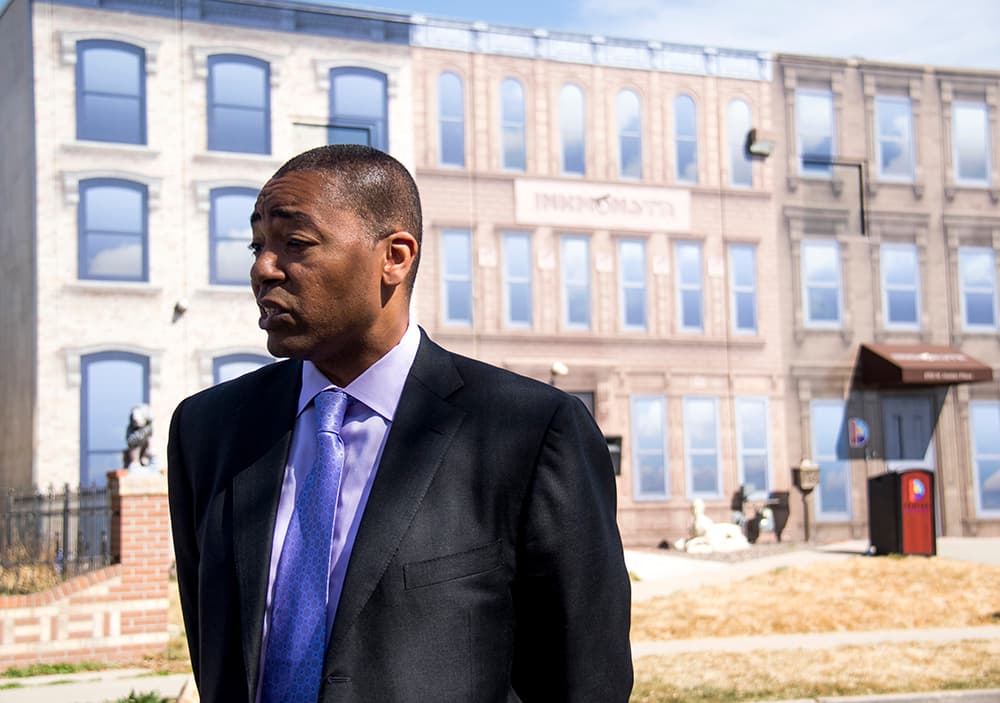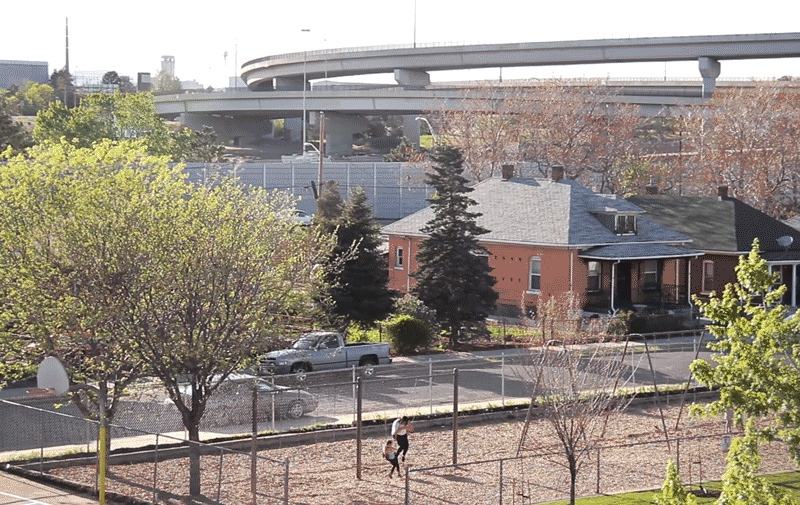
Denver laid out lofty economic development goals for the year ahead, including finding a way to keep gentrification from kicking families out of changing neighborhoods, opening a maker lab and building at least 600 affordable housing units.
The Denver Office of Economic Development announced the goals Wednesday as part of its JumpStart 2017 strategic plan. Mayor Michael Hancock considers the plan a statement of Denver's values.
Hancock and OED started releasing the annual JumpStart plans in 2011. Since then, 75,000 new jobs and 5,000 new businesses have been added to Denver's economy and the annual unemployment rate fell from 8.6 percent to 3.1 percent.
Denver's economic boom during the last six years has been paired with growing concerns about what it costs to live in the city, displacement in historically underserved neighborhoods and limited economic progress on the individual level.
The 2017 plan is "a clear signal to the entirety community of where the city is investing its time, talents and resources," Hancock said. "The plan presents five key pillars of economic development. Each contributes to healthy and vibrant community and an eye toward supporting the economic advancement of every resident of the city."
Those pillars focus around business development, business innovation, workforce development, housing opportunity and economic mobility.
The city needs to recruit and retain businesses "especially in underserved neighborhoods like Globeville, Elyria-Swansea, Five Points, Montbello, Northeast Sun Valley and, yes, Westwood," Hancock said.
The direct focus on economic mobility was a new addition to the city's plan.
"We're taking necessary strives to ensure all residents have the opportunity to benefit from Denver's vibrant economy," Hancock said. "The plan includes integrated strategies to help uplift vulnerable populations and reduce urban poverty."
Those strategies include working to build cooperative business ownership models both in north and west Denver "because when employees have ownership stake they're better positioned to move up the economic ladder," he said.

The man who's led Hancock's economic development efforts for the last few years, Paul Washington, announced earlier this month he's leaving his position. Whoever winds up with his job is in for a challenge.
"The biggest challenge is to remain effective in an environment where you have dwindling resources," Washington said. "An overwhelming majority of the Office of Economic Development's funding is federal, and so as we think about federal budgets and policy changes with the new administration, inevitably this agency will be receiving less funding. So how do we remain effective with less resources?"
Part of the department's strategy is to work with nonprofits, businesses and other organizations to reach its goals especially in the neighborhoods where longtime residents are most at risk of be pushed out as a result of economic development: Elyria-Swansea, Globeville and Westwood.
"We believe from a policy standpoint gentrification is neither good nor bad, but when involuntary displacement occurs that is bad," Washington said.
The city's looking to increase affordable housing options, acquire land for future building and focus job training and employment opportunities in Elyria-Swansea, Globeville and Westwood. Specific plans for each of those neighborhoods is expected to be released in coming weeks, but Wednesday's overview shows the city hopes to find a site for a community-owned childcare facility in Globeville/Elyria-Swansea, finance a cooperative business ownership model for neighborhood-based small businesses in Westwood and develop a full-service grocery store in Montbello.
The city has a $1 million budget to address food deserts, Washington said. "We're working to partner with landowners in each one of these neighborhoods and then utilize this financing to attract a full-service grocery store in and around those neighborhoods."
Business & data reporter Adrian D. Garcia can be reached via email at [email protected] or twitter.com/adriandgarcia.
Subscribe to Denverite’s newsletter here.












